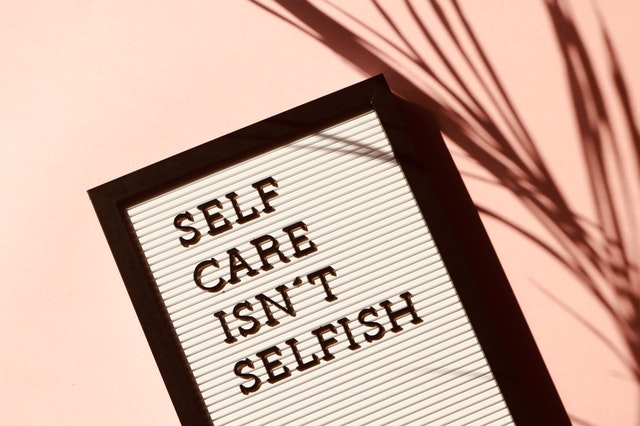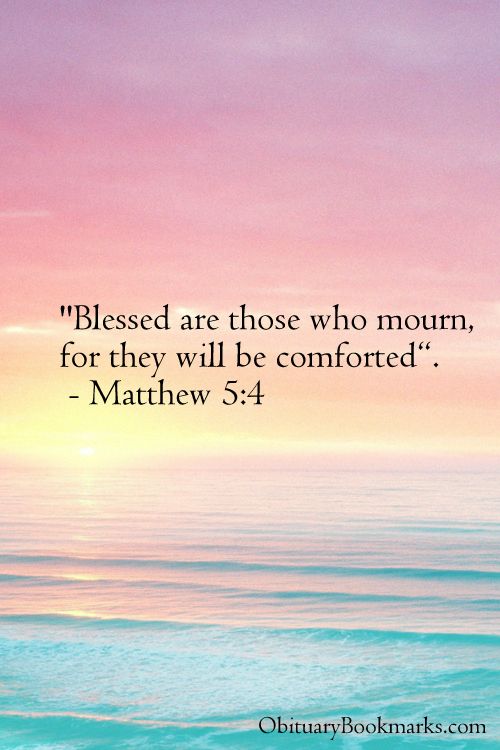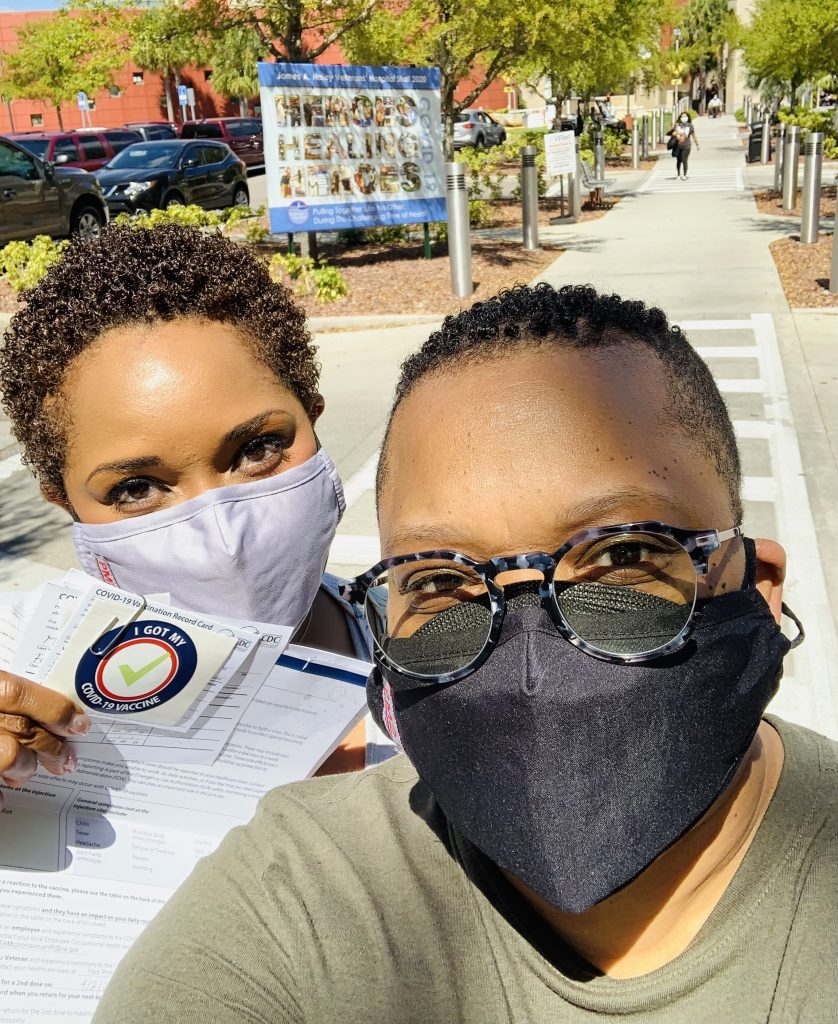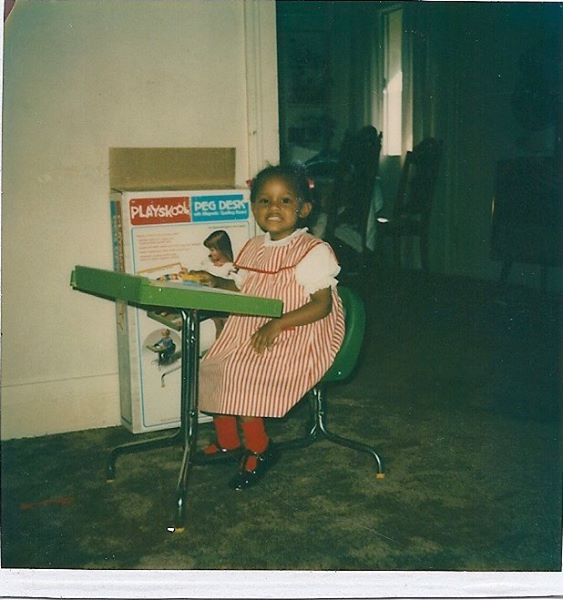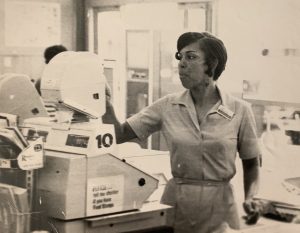Pooping is Important
Let’s talk about the thing no one wants to talk about, yet everyone does: poop. That’s right, your daily BM (bowel movement, not Bachelor’s in Marketing). If you’ve ever experienced the joy of a smooth, uninterrupted trip to the bathroom, you know that it can make or break your day. But did you know that pooping regularly isn’t just about comfort? It’s about health, happiness, and a bit of bathroom glory. So, buckle up as we dive into why your daily “number two” should be your number one priority.
1. Your Colon Is the MVP of Your Body
Think of your colon as the unsung hero of your digestive system. Its job? To absorb water, process waste, and prepare it for a graceful exit. If it doesn’t function well, you’re in for bloating, discomfort, and the dreaded “bathroom stalemate.” Regular bowel movements keep your colon in top shape, much like a well-oiled conveyor belt.
Fun Fact: According to the American Gastroenterological Association, the average person poops between three times a day and three times a week. If you’re outside this range, your colon might be calling for help.
2. The Poop Schedule: Your Gut’s Alarm Clock
Just like your morning coffee ritual, your bowels thrive on routine. Regular pooping isn’t just about avoiding discomfort; it’s a sign that your gut microbiome—the universe of bacteria living rent-free in your intestines—is balanced and happy. A healthy microbiome is tied to better immunity, clearer skin, and even improved mood.
Pro Tip: Fiber is your friend. Load up on fruits, veggies, and whole grains to give your gut the “oomph” it needs to stay on schedule. Bonus points if you get your daily 25-30 grams of fiber with minimal gas-related casualties.
3. Avoiding the “Poop Emergency”
We’ve all been there: the sudden, undeniable call of nature while you’re stuck in traffic, a meeting, or worse, a first date. Having regular bowel movements reduces the likelihood of these bowel “plot twists.” It’s better to keep things moving on your terms than to let your colon surprise you at the worst possible moment.
Expert Advice: Stay hydrated. Water is to poop what WD-40 is to a squeaky hinge—essential for smooth operation. Aim for at least eight glasses a day, or more if you’re feeling fancy.
4. Poop: The Original Health Indicator
Your poop is like a health report card. The Bristol Stool Chart (yes, this is a real thing) categorizes poop into seven types, from “rabbit pellets” to “soft serve.” Ideally, you want Type 3 or 4—smooth and sausage-shaped. Anything else might indicate you’re constipated, dehydrated, or that your stomach didn’t appreciate the gas station sushi.
Pro Tip: If your poop consistently looks “off,” consult a doctor. Your colon doesn’t like to be ignored.
5. The Mental Health Connection
Believe it or not, there’s a strong link between your gut and your brain—so much so that your gut is often called the “second brain.” Feeling irritable, anxious, or stressed? It could be your gut bacteria staging a rebellion. Regular pooping can help regulate your mood, which might explain why everyone’s so chipper after a successful bathroom trip.
Science Says: A study in Psychosomatic Medicine found that gut health can influence serotonin levels, the “feel-good” hormone. So yes, a good poop can literally make you happier.
6. Bathroom Etiquette: Let’s Flush the Myths
Let’s clear the air (pun intended): Everyone poops, no matter how glamorous they seem. Even Beyoncé. So stop holding it in at work or pretending you “never go” in front of your significant other. Holding it in isn’t just uncomfortable—it can lead to issues like hemorrhoids and constipation.
Pro Tip: Normalize the bathroom break. If anyone judges you, remind them that poop is the great equalizer of humanity.
Interactive Tip: The Poop Journal
Yes, this is a thing. Keep a journal to track your pooping patterns (frequency, consistency, and even color). It might sound silly, but patterns can reveal insights into your diet, hydration, and stress levels. Who knows? You might become the Sherlock Holmes of stool.
7. When to Call in Reinforcements
Sometimes, even your best fiber-fueled efforts won’t do the trick. Chronic constipation, diarrhea, or dramatic changes in your bathroom habits might be a sign to consult a healthcare professional. No one likes talking about poop, but your doctor has heard it all—probably during lunch.
The Bottom Line (Literally)
Pooping might not be glamorous, but it’s vital for your health, happiness, and overall sanity. Embrace your daily bathroom ritual as a moment of personal triumph—a time to reflect, relax, and release (in more ways than one). After all, a healthy colon is a happy colon, and a happy colon means a happier you. So go forth, fiber up, and let the good times roll!
References
- American Gastroenterological Association. “Understanding Your Digestive System.”
- Lewis, S. J., & Heaton, K. W. (1997). “Stool Form Scale as a Useful Guide to Intestinal Transit Time.” Scandinavian Journal of Gastroenterology.
- Mayer, E. A. (2016). The Mind-Gut Connection: How the Hidden Conversation Within Our Bodies Impacts Our Mood, Our Choices, and Our Overall Health.





